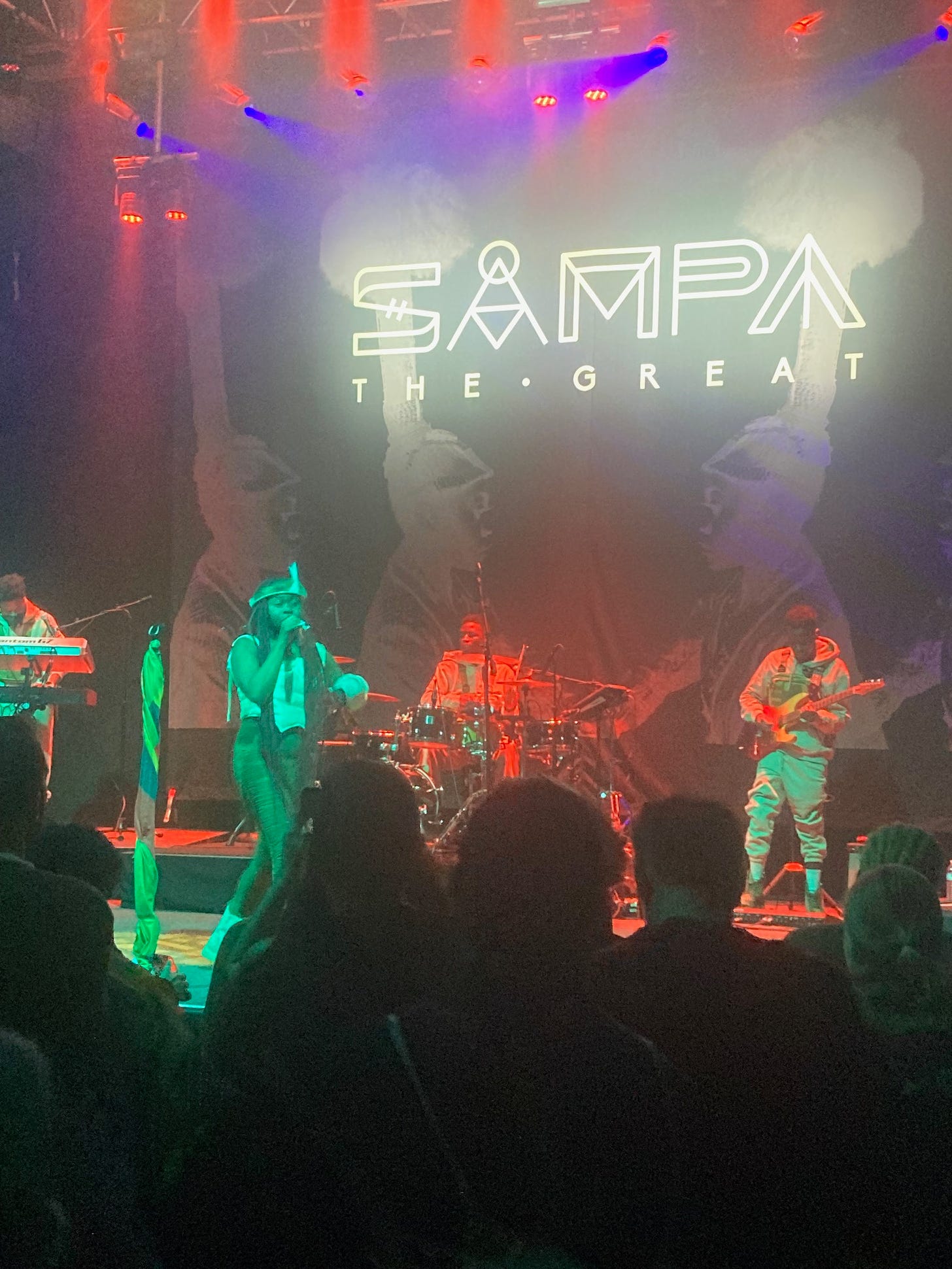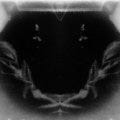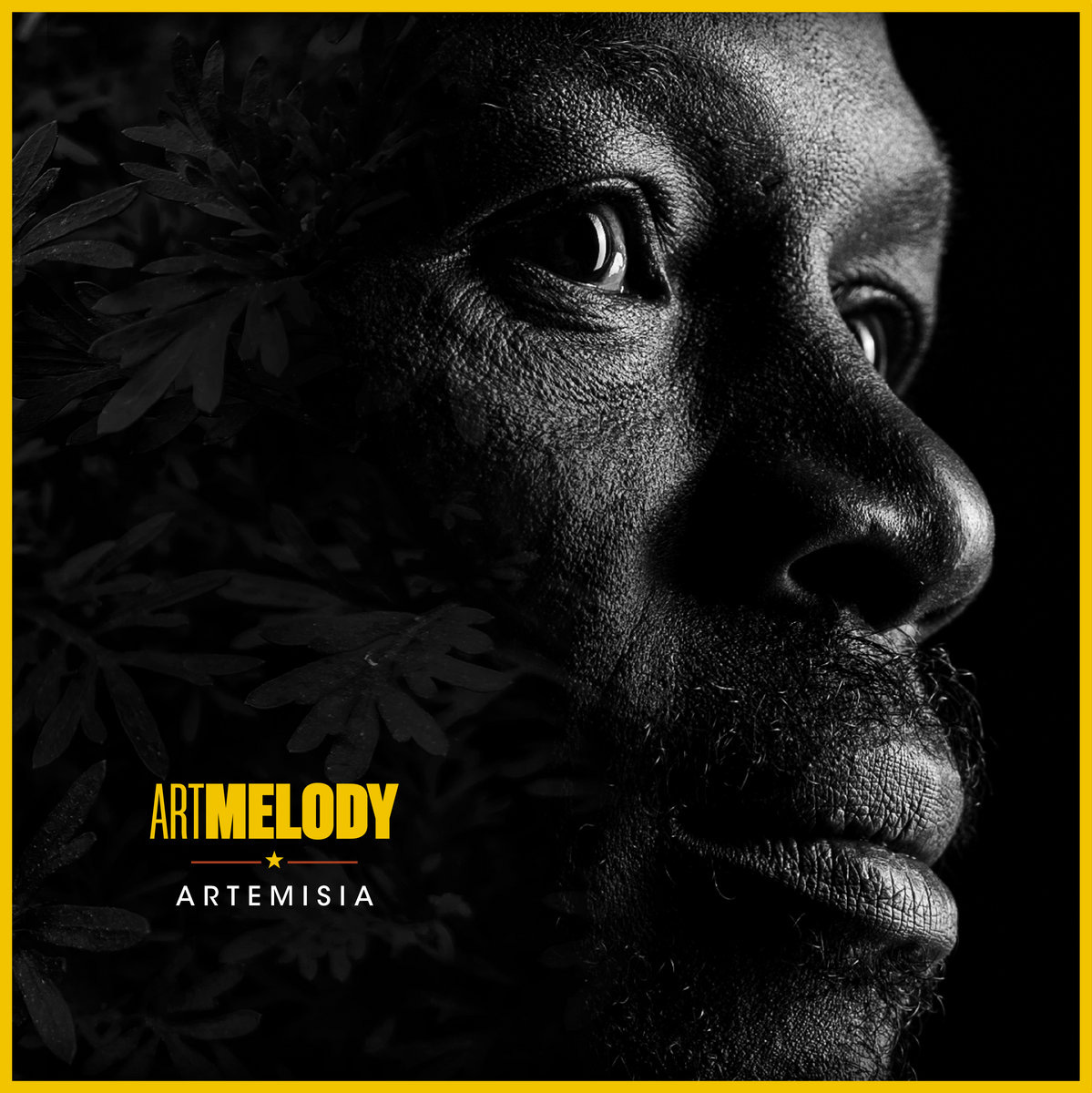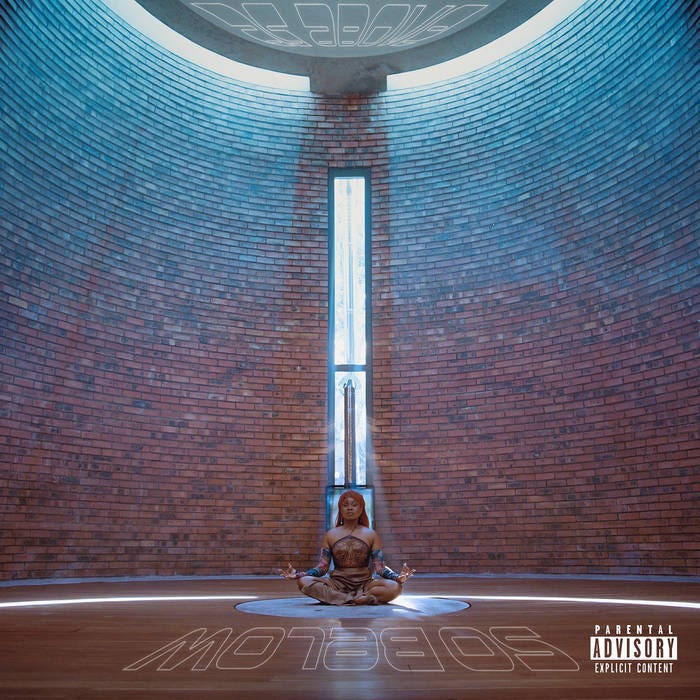Current and Native Tongues: Abstract Sekai, Sampa the Great, and Black Sheep
The OGs dive into hip-hop with this post, pairing one of the more overlooked components of the 80s/90s “Native Tongues” movement with several current rappers from the continent of Africa, where the Tongues looked to for inspiration. The state of hip-hop in Africa is as varied as the continent itself, but we pull out a few current, if wildly different, examples – from trip-hop to dance to sounds inspired by traditional rural and jungle sounds. Then go back to reflect on one of the acts from the early 90s that made one brilliant record (so of course we talk about the follow-up, which is less brilliant).
New album(s): Evolution of Consciousness by Abstract Sekai and Artemisia by Art Melody. As we look ahead to the 50th anniversary of hip-hop’s birth this August, it’s hard to think of a sound farther from the Bronx in August 1973 but still in the same genre than the new record from Zambian MC Abstract Sekai. DJ Kool Herc sought to get bodies moving on the dance floor (and raise some money for his sister’s back to school wardrobe) through mixing and stacking breakbeats from soul records and having some limited rapping from MCs just to keep the crowd moving through some elementary rhyming and bragging. Get out of your head and into your body.
Stack that straightforward sound, which still underpins much of the genre, against the trip-hop sounds of the early-mid 90s pioneers Massive Attack/Tricky and Portishead, but filtered through Afro-futurism, deep mystical spirituality, and dense, wordy lyrics that draw on everything from classic rap bragging to ancient philosophy to astronomy and beyond. Back to your head and mind entirely is where the new record from Zambian MC Abstract Sekai takes you. Consider the opening line of the first track, “Red Rum”: “Dimensions of dementia gravitate like Newton’s theories blocking thought pathways.” It’s safe to say that if Kool Herc’s party had opened with that line, we may not be where we are today with hip-hop ruling the world. Yet Abstract Sekai starts from that, well, extremely abstract line and quickly pivots to connect multiple parts of African history to that Bronx apartment building: “From Livingston to Mansa I give blood and sweat to breakbeats.” (Livingston was a 19th century explorer and abolitionist who crossed East and Central Africa who was famously lost – and then found – by a New York reporter, and Mansa refers to a West African empire).
With a swirling sample of sound that reminds you of waking on a fog-covered morning in the jungle on top of a slow but still galloping beat, Sekai goes back and forth from the library to the street, or at least close to it. “Man’s true path remains subdued behind atrociousness like Acheans through a Trojan’s nest” leads right into “I find strength in my Achilles’ heel.” Later in the opening track, Sekai calls himself “an uncharacteristic mystic” and closes the track proclaiming, “I keep my eyes on the prize til the mind is at ease.” In just that opening track alone, the lyrics reference peoples and philosophies from 5 continents over several thousand years, making you wonder when or how his mind is ever at ease.
On the third track, “North Eastern Griot,” Sekai invokes the class of poets/storytellers/mystics who once roamed West Africa, in particular, keeping oral traditions alive across generations: “A mass, a mess, no less a testament/Made to show that everything in open view is heaven sent.” The track, however, fails to deliver on the promise of a griot, and after the promise of “Red Rum,” the first half of the album starts to drift. For an artist mostly defined by how many words can be crammed in, there is a remarkable instrumental beat track, “Ocular,” midway through that gives the listener’s mind a rest from wrestling with the lyrics and settle into the aural visions Sekai is trying to paint.
Just when you find yourself losing focus and spinning into the heavens considering your consciousness, the record hits a drumbeat and wordplay that takes you from outer space or East Africa to the Bronx (or at least to the museums in Central Park).
“Pandora’s Ear” is another moment toward the end of the album where the origins of the genre rub elbows with the mystics across time and space. The track opens with a more pronounced boom-bap beat and undefined instrumental swirl, and Sekai repeating “1, 2, 1, 2/Mic check, 1, 2, 1, 2.” But rather than follow by asking you to throw your hands in the air and wave them like you just don’t care, Sekai pounds his chest with, “I lay drowsy heads/On Portal beds/Then whisper classical mechanics/Projecting thoughts locked within semantics.” As the track develops, Sekai will cover astronomy, physics, astrology, mathematics, religion, and more, weaving in Latin just for kicks, and integrating African imagery in lines like: “I’m but the bird that leaps with faith off the pier/Piercing through clouds and ailing hearts like Zulu spears.”
“The Evolution of Consciousness” isn’t an album for everyone, but if you’re a fan of those trip-hop classics or more recently of Yugen Blakrok from South Africa, especially her 2019 record Anima Mytserium, then this is worth a virtual spin or two. The sampled music, beats, and lyrical flow are not nearly as varied or as intriguing as Blakrok’s, and the record really drifts at times. But just when you find yourself losing focus and spinning into the heavens considering your consciousness, the record hits a drumbeat and wordplay that takes you from outer space or East Africa to the Bronx (or at least to the museums in Central Park).
A quick word about another new record from the continent, this one from Burkina Faso and the MC known as Art Melody. Whereas Abstract Sekai spends his time in the ethereal realms, Art Melody gives you the sense of being the true modern Griot, with sounds and a guttural tone that doesn’t have you floating in space but in the middle of a dance and drum circle lasting for hours. The opening tracks, “Boukma” and “Ana N’Parata” pack a rhythmic punch, and Art Melody’s deep, guttural voice connects straight to the heart rather than the brain. Later on tracks like “Baof Rinda” or “Vilma,” the tone and tempo measure out, letting you find your own space to enjoy the mix. The album’s closer “Teng N’Biiga” comes in with a horn section and takes you out of rural Burkina Faso and much closer to the world of the Native Tongues. Like any record where you don’t know the language of the lyrics, there is a distance to the sentiment and emotion, but Art Melody’s flow, delivery, and tone are so present and varied that it’s easy to forget that gap.
Art Melody may not (or who knows, maybe he is) be covering thousands of years of history, philosophy, and science, but his record will take you a lot closer to the Bronx Big Bang of 1973. (Brad)
Album from an upcoming/recent live show: As Above, So Below by Sampa the Great. The first thing to say about Sampa the Great is that “Final Form” may be the best (and is certainly my favorite) straight-up rap song of the last five years. Perfect beat, brilliant layering and build of the sampled music throughout the track, lyrics that deftly go back and forth from pure bragging to biography to the political, with an infectious melody and empowering message. The track is unforgettable and was catching fire in early 2020, as Sampa – an MC who calls Australia home but was born in Zambia and grew up for a time in Botswana – prepared to tour Europe and the United States. Then the pandemic hit, and her chance to take over all at once was shelved.
Instead, Sampa used a slow burn and build, finding her way on to guest tracks (like this brilliant one on the late great Tony Allen’s final release) and getting “Final Form” into a commercial. In late 2022, she finally came back with the follow-up to 2019’s “The Return” called “As Above So Below,” and it’s clear that the pandemic and forestalled fame, for someone whose life had already taken so many physical and psychological twists, left her both philosophical and humbled but also resolute.
The album itself proves a contemplative and languid listen, rather than capturing the energy and force of the key singles on “The Return.” The opener, “Shadows,” comes in with traditional instrumentation and choral voices asking you to “find out who you are” before Sampa’s unique voice enters with its more syncopated texture. And as the beat drops after each verse, the rhythm and tempo stay steady, as if she’s showing us all she’s ready to take the long, slow road rather than race ahead. The first track ends with local Zambian language and natural sounds. On the second track, she brings in star rapper Denzel Curry who punches his way through his verse in typical energetic fashion (the guy whose cover of “Bulls on Parade” had to make Rage Against the Machine feel like maybe they don’t rage quite hard enough), but the music stays calm underneath. On track after track, Sampa’s lyrics stay in the traditional hip-hop lyrical lanes – establishing her cred, bemoaning the life of fame and celebrity, feeling pride in her heritage, family and homeland – but the musical and vocal mixes, varied flows, and presence of her family in her band keeps the songs interesting, if not forceful. And that’s the place she finds herself: rooted, returning home, and connecting with the rhythms of her homeland and the universe. Even the cover photo, captured below, makes that plain.
But what the album may lack in power, her show does not. When she played Washington DC’s 930 club in early 2022 to a relatively sparse crowd, she was electrifying. It was one of her first performances in the United States, and rather than look at the venue as more than half empty, she exulted in being there at all, noting how amazing it was that her journey had brought her to this stage, and she and her band (which included several family members) played more as if it was their last show rather than their first. There was a power and force that is far more direct and energizing than the album turned out to be. She and her band come back to the 930 club on June 4; not to be missed, no matter your view on the records. (Brad)
Album being rediscovered (at least 10 years old): Non-Fiction by Black Sheep. The ‘90s have been on my mind lately, more so than usual. I’m currently reading Chuck Klosterman’s book about the decade. Watching the Knicks in the playoffs is making me reminisce about the teams of Ewing, Starks, Oakley, and Mason. And the release of De La Soul’s catalog to streaming services has brought some of my favorite ‘90s music to the forefront.
When discussing ‘90s music – especially ‘90s hip hop – I have to include one of my (and many other people’s) favorites, Black Sheep’s A Wolf in Sheep’s Clothing. The 1991 debut is an absolute classic, containing the ubiquitous earworm “The Choice is Yours,” a lesser but still huge hit in “Flavor of the Month,” along with banger after banger interspersed with humorous (for 1991) skits. Black Sheep – a Native Tongues-adjacent duo comprised of main rapper Dres and producer/part-time rapper Mista Lawnge – didn’t release another album, Non-Fiction, until three years later and the results were mixed, both critically and commercially. In 1994, when both rock and hip hop were reaching creative heights, Non-Fiction barely registered to me.
On re-listen, my impression of Non-Fiction has not changed much. There are a couple of decent songs – specifically, “Freak Y’All” and their attempt at a party anthem, “Without a Doubt.” But too many of the songs are mid-tempo and uninteresting, two examples being “We Boys” and “B.B.S.” The lyrics in “Autobiographical” are captivating in how they try to contrast Dres’ childhood experiences with the overall positive vibe of the then-fading Native Tongues collective, but the beats behind them are nothing special. I respect Black Sheep’s attempt to go more upbeat with “City Lights,” but the jazz samples are a little too shambolic, and while I enjoy the song’s pop culture references (“dropping science like 3-2-1 Contact”) it felt a little bush league compared with pros like the Beastie Boys on Paul’s Boutique and Ill Communication. Two songs – “Who’s Next?” and “Let’s Get Cozy” – share some of the same misogyny as was on the debut album, but whereas on A Wolf in Sheep’s Clothing it was tinged with tongue-in-cheek humor that was appealing to 19-year-old me, on Non-Fiction that humor is missing and it just feels uncomfortable and gross.
The biggest problem with Non-Fiction is that, at 17 tracks, the album is way too long. And eight of those tracks are pure filler. While matching the success of their debut may have been a tough task, it’s possible that cutting the track listing down to 10 songs, cleaning up the samples, and occasionally speeding up the tempo might have improved the album. Fellow Native Tongues acts A Tribe Called Quest and De La Soul clearly had more cultural importance, so maybe Black Sheep had just one great album in them, although they remain somewhat relevant due to the licensing power of “The Choice is Yours.” Unfortunately for Black Sheep, Non-Fiction did not really work in ’94, and on re-listen it’s still a bit of a mess. (Brian)








